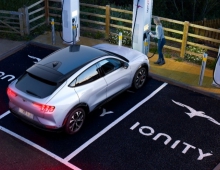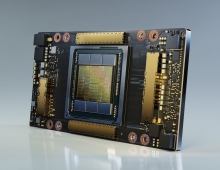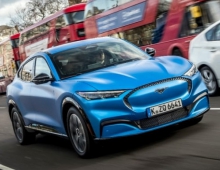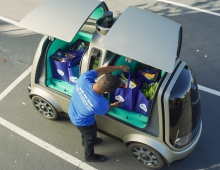
Ford and Baidu to Jointly Test Autonomous Vehicles
Ford Motor Company and Baidu, Inc. today announced a two-year joint autonomous vehicle test project, under which the two companies will advance the development and on-road testing of autonomous vehicles in China.
"This project marks a new milestone in the partnership between Ford and Baidu, and supports Ford’s vision to design smart vehicles that transform how we get around," said Sherif Marakby, president and CEO of Ford Autonomous Vehicles LLC.
The Baidu-Ford L4 Autonomous Vehicle Test Project is a two-year initiative, with on-road testing slated to begin by the end of this year. The project will see Ford and Baidu cooperating to develop and test autonomous vehicles that are designed to meet the Level 4 (L4) driving automation standard as defined by SAE International. This means that upon completion of the development and testing process, the vehicles will be capable of operating autonomously within a specific geographic area and under certain weather conditions.
In the lead-up to the kickoff, a team of Ford engineers at the company’s Nanjing Research and Engineering Center (REC) was set up to convert the vehicles into Autonomous Vehicle Platforms (AVPs) in order to prepare them to be fit with Baidu’s Apollo Virtual Driver System (VDS). All vehicles have now been equipped with the Virtual Driver System (VDS) and related hardware and are ready for testing. The AV tests will be conducted on open roads in Beijing that are specially designated for AV testing, with the option of exploring further opportunities in other Chinese cities in the future in accordance with local regulations.
Ford, which is grappling with slowing China sales, is a founding member of the Apollo Committee, an advisory group for Baidu’s Apollo autonomous driving open platform.
China’s capital city also gave German auto maker Daimler AG the green light to test self-driving cars on roads in July, making it the first international car maker to be granted such a license in Beijing.





















